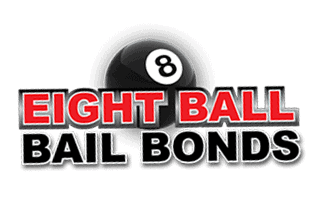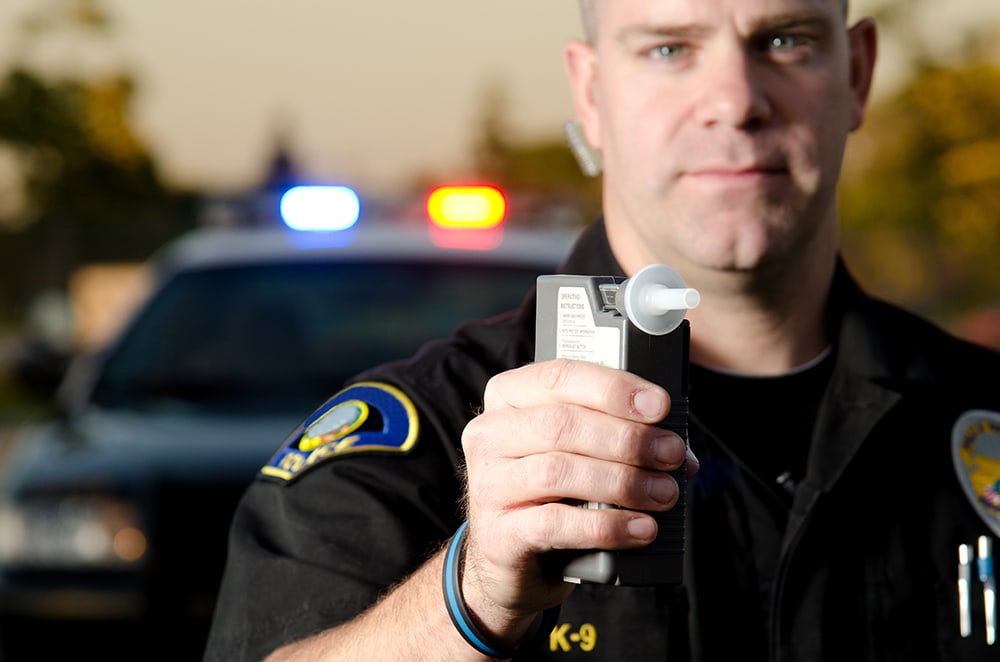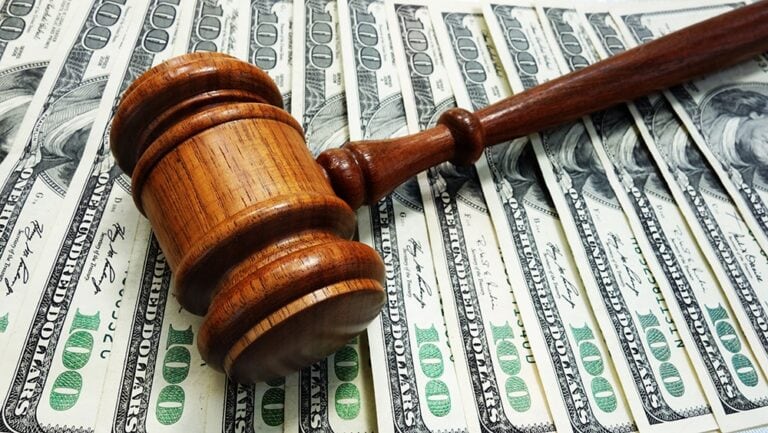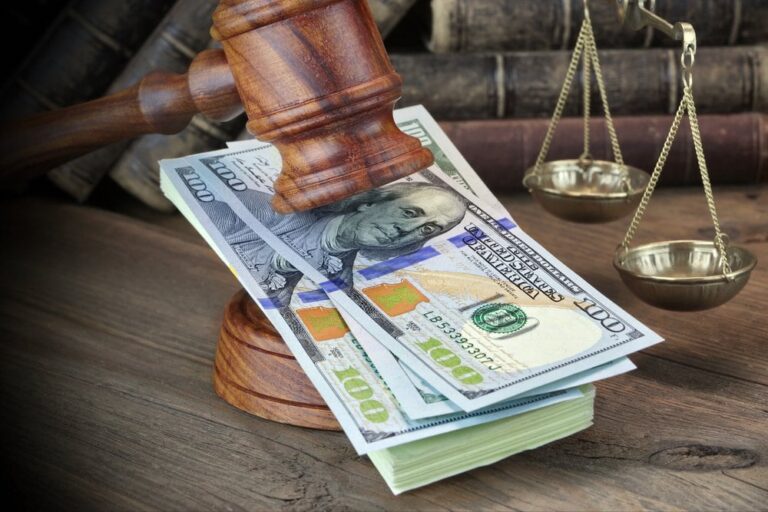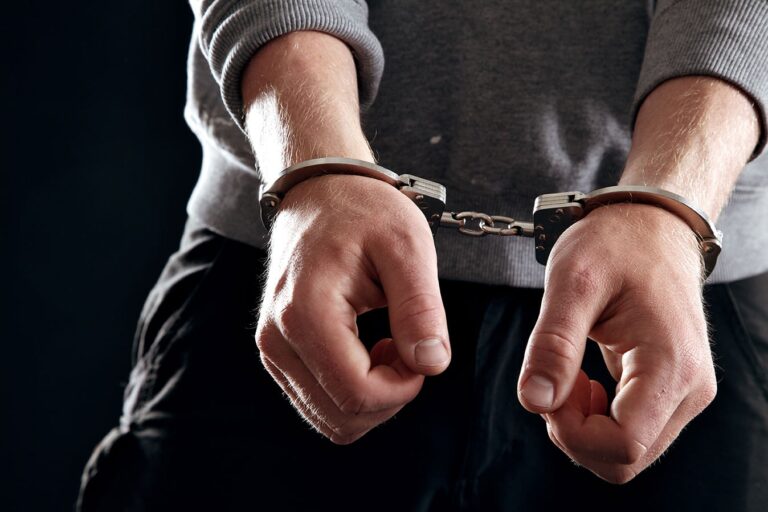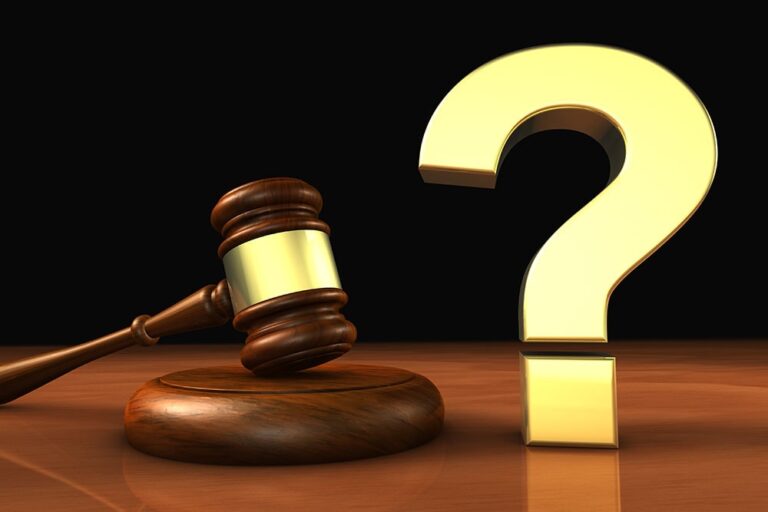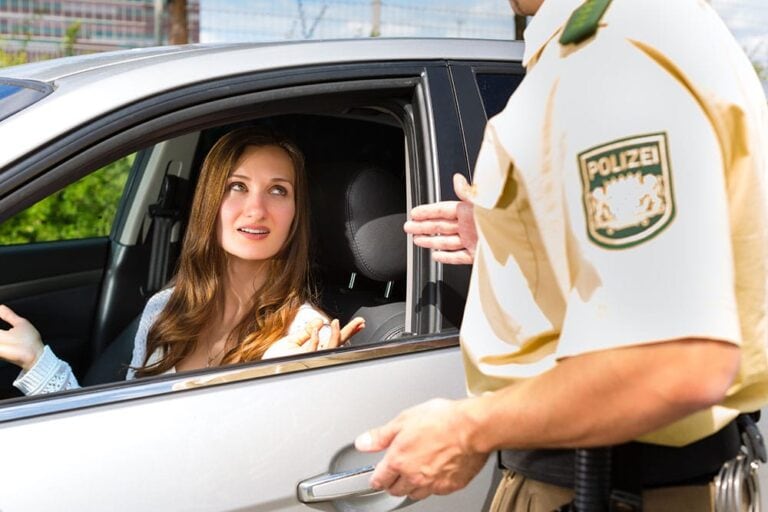Arrested for DUI? Here’s What You Need to Know
A driver arrested for DUI or driving under the influence is put to jail until he or their friends or relatives post bail. The driver may then be cited and released under recognizance or held in jail after bail is posted.
It is fairly common for a driver arrested due to DUI to be released on his own recognizance and will not be required to post bail. However, it is customary for the driver to be jailed for a few hours until he is sober. This will prevent the arrested driver from posing harm to other individuals upon release. Also, this eliminates the liability of the arresting agency.
The amount of the bail will depend on which county you were arrested in. Counties set different presumptive bail amounts. However, the bail you need to post may increase due to other circumstances, like a previous DUI arrest.
After the driver is arrested for the offense, he loses his license—the arresting officer will take the driver’s license away. The DMV will keep the license until the completion of the DUI administrative and criminal proceedings if the driver cannot show that there is no basis for the suspension or revocation of the license. Here, the offending driver will need to pay a reissue fee to get his license back.
Drivers who have been arrested for this offense will have to go through two different legal proceedings. Apart from the court hearing, you will go through an administrative hearing at the DMV. After the arresting officer takes your license, you are given 10 days to request a hearing at the DMV. This hearing is an administrative action taken against errant drivers and their driving privileges. This is entirely different from the fine or penalty imposed by the court should you be convicted for DUI.

If you are unsuccessful at your DMV hearing, you will be given a 30-day suspension of your license. This means that that you cannot drive from the day of the DMV suspension until 30 days later. After this 30-day suspension, you need to apply for a restricted license at the DMV. For this, you need to fill out an SR-22 insurance form and enroll in the First Conviction Program. A restricted license will only allow you to drive to and from work and to and from your DUI educational classes.
If you have been arrested for this offense, it is essential to seek the advice of a legal professional who is well-versed in this matter. This will allow you to stay informed and know your available options.
